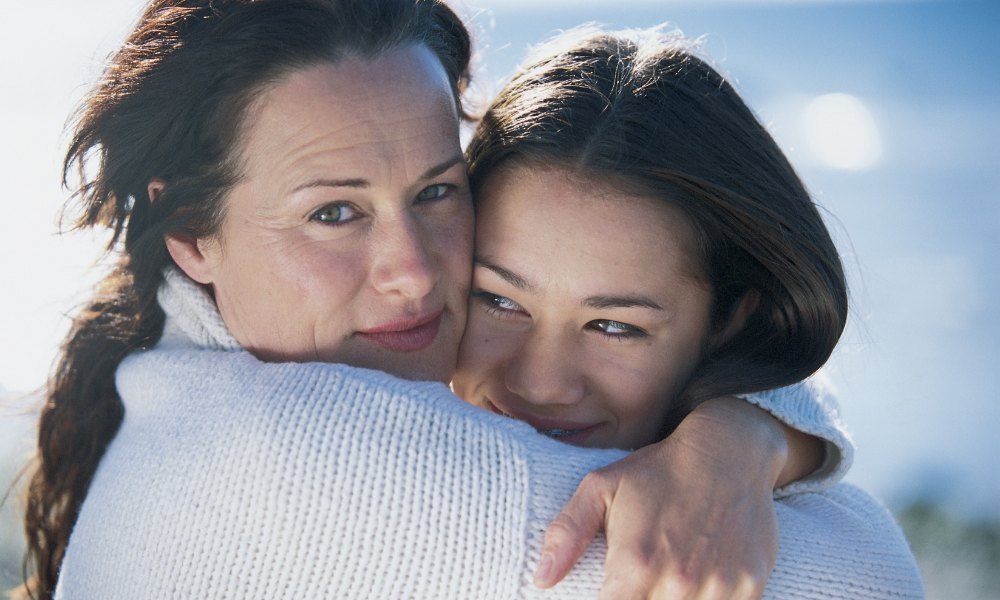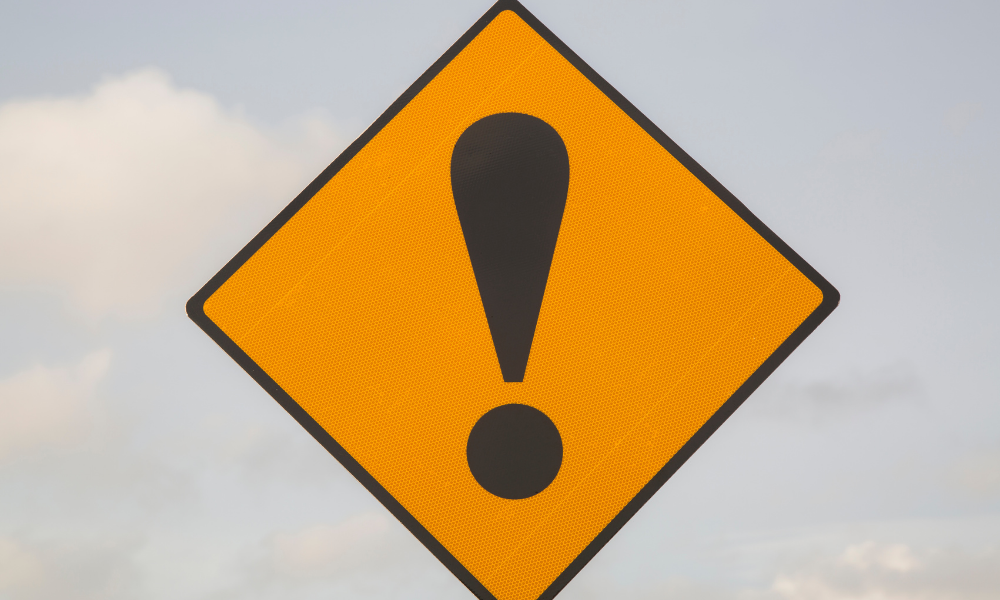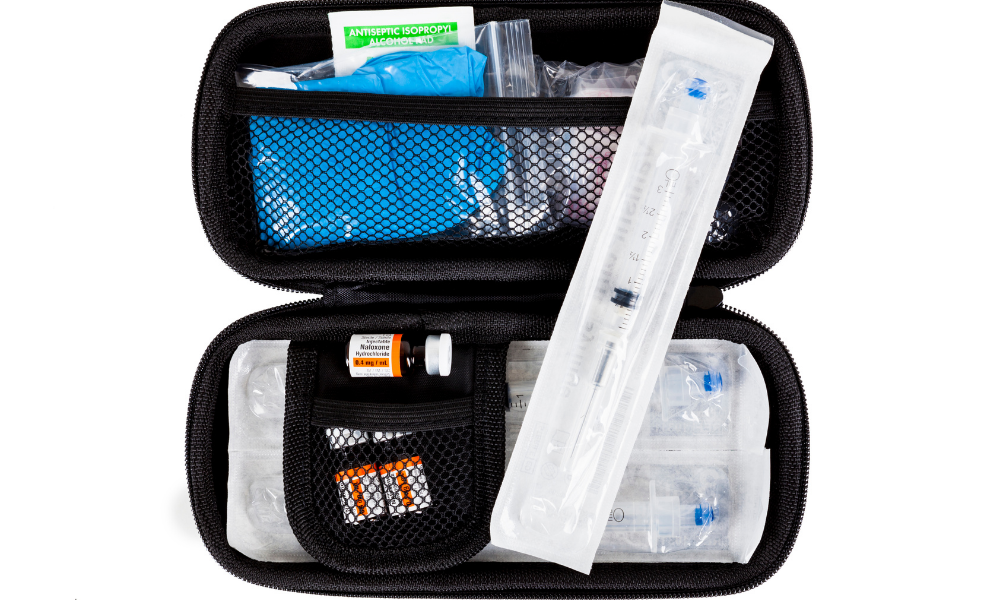
Today, Avalon is recognizing and honouring International Overdose Awareness Day. The purpose of this day is to raise awareness about overdosing and to reduce the stigma surrounding drug and addiction-related deaths. Moreover, it acknowledges the immense grief experienced by the friends and families remembering those who have passed or had a permanent injury as a result of drug overdose.
For Avalon, a non-profit organization that provides addiction and recovery services for self-identifying women in the Lower Mainland, this is a particularly important awareness day. We understand the downward spiral of addiction and how it impacts those around us, and we honour those who it overcame with a heavy heart, today and every day.
Background and statistics in Canada
As the Canadian Mental Health Association describes, overdose occurs when someone takes one or more drugs in a quantity or combination that exceeds what their body can handle. While people often think overdosing occurs only with street drugs, it can be the result of using a number of drugs, from alcohol to opioids, and by anyone – including those who have been prescribed medications or only use drugs recreationally.
Canada is seeing a steep increase in the number of opioid overdose deaths among those who use drugs alone, youth, seniors, men, Indigenous peoples, and those in correctional facilities. Last year, the nation lost nearly 4000 individuals to opioid overdoses – many linked to fentanyl and other synthetic materials. The challenging part is that in most cases, these deaths are avoidable.
Unfortunately, the COVID-19 pandemic has also resulted in several jurisdictions across Canada showing an increase in opioid-related harms and deaths since the beginning of the outbreak.
This may be related to:
- Changes in the illegal drug supply, as supply chains have been disrupted by travel restrictions and border measures
- Less access to supports and services for people who use drugs, such as supervised consumption sites
- Use of more substances as a way to cope with stress
- More feelings of isolation
Practical info about overdoses
Warning signs
For opioids and depressants, possible warning signs include: unresponsiveness or unconsciousness, passing out or slumped posture, shallow or irregular breathing, slowed heart rate, choking or gurgling, purple lips, vomiting and seizures.
For amphetamines or stimulants, warning signs include: headaches, chest pain, difficult breathing, seizures or uncontrolled movements, paranoia or panic, confusion, and tremors.
Overdose prevention
Overdosing can feel scary or unpredictable, but luckily, there are ways we are able to prevent it from happening through education and preparation. Here are some prevention tips:
- If you or someone you know is using drugs, consuming them at an overdose prevention site or a supervised consumption site ensures there is medical help nearby.
- Learn about naloxone, get trained, and carry a kit with you, to reverse the effects of an opioid poisoning if necessary. They are often free and available at community pharmacies, from health-care workers, and community-based organizations.
- Do not use drugs alone! The risk of fatal poisoning is higher when consuming substances by themselves at home, as no one is able to provide support, intervene with naloxone, or call for help.
How to help a loved one

First and foremost, it is important to remember that drug use is the effect and not the cause. For many people, substance abuse is a coping mechanism for much deeper mental health struggles, traumas, pain, and other significant hardships in one’s life. If you think someone you know may have a problem or be at risk of overdosing, try approaching them for an honest and non-judgmental conversation.
You can encourage them to follow harm reduction practices and use harm reduction services, and particularly if they are abusing prescriptions, ask them to speak to their doctor or healthcare professional about other possible options. If they seem open to seeking treatment, help research and connect them with resources – physicians may also be helpful in making referrals.
As a loved one of someone struggling, the best thing you can be is supportive and understanding. Recovery and healing are aided by a strong support network and the encouragement of loving friends and family members. Patience, generosity, and healthy open communication are all key.
If you want to help yourself or a loved one and aren’t sure where to get started, reach out to one of our Centre Managers who will be able to direct you accordingly.
What to do if someone overdoses

An overdose is a medical emergency that requires immediate help. Call 9-1-1 if you suspect someone has overdosed.
Additional resources
- Here are six ideas for how you can get involved and mark International Overdose Awareness Day: https://www.stopoverdose.gov.bc.ca/theweekly/six-things-do-international-overdose-awareness-day
- Harm Reduction Services: http://www.bccdc.ca/our-services/programs/harm-reduction
- Overdose prevention and response: https://www.fraserhealth.ca/health-topics-a-to-z/mental-health-and-substance-use/overdose-prevention-and-response#.YR635ZNKgnV
- Overdose prevention resources + hotlines: https://www.canada.ca/en/health-canada/services/substance-use/get-help-problematic-substance-use.html
- Overdose awareness: https://www.stopoverdose.gov.bc.ca/
- Canadian Centre on Substance Use (webinars): https://www.ccsa.ca/webinars
Sources
https://cmha.ca/international-overdose-awareness-day-ioad
https://www.stopoverdose.gov.bc.ca/theweekly/six-things-do-international-overdose-awareness-day
https://health-infobase.canada.ca/substance-related-harms/opioids-stimulants/
https://www150.statcan.gc.ca/n1/en/catalogue/82-003-X202100200003
https://www150.statcan.gc.ca/n1/daily-quotidien/210712/dq210712b-eng.htm
http://www.vch.ca/public-health/harm-reduction/overdose-prevention-response
https://www.camh.ca/-/media/files/preventing-opioid-overdose-pdf.pdf


